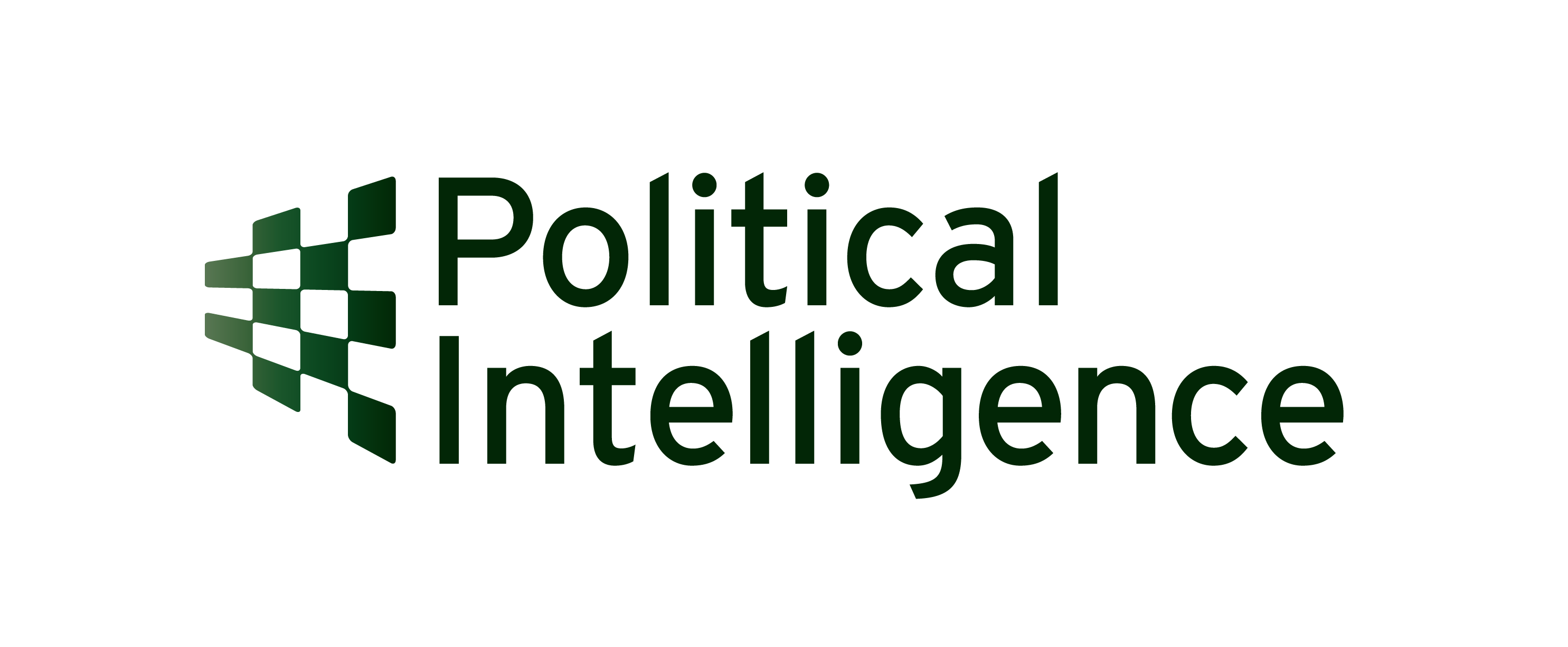Ketogenic diet not useful in breast cancer

In a ketogenic diet, you take in extremely few carbohydrates (less than 50 grams/day) and eat a lot of fats. Glucose (a sugar) is the main source of energy for our body cells and carbohydrates are the main source to produce glucose. When you eat very few carbohydrates, the body starts to break down fat to make glucose, because without glucose we cannot live. In this transformation of fat, ketones are formed as a byproduct. Meanwhile, blood sugar levels drop, and you suffer from hunger.
Cancer cells also need sugars and thus must also switch to fat burning as an energy source. Moreover, cancer cells consume even more glucose than normal cells. A lack of glucose causes stress in cancer cells, which would make them grow slower and also make them more sensitive to chemotherapy. With the ketogenic diet, you could theoretically starve cancer cells.
Scientific research
Does it work in practice? The impact of the ketogenic diet on cancer has already been studied extensively. In a review article,1 scientists looked at 57 studies on that topic, conducted in laboratories and in laboratory animals. In some of these studies, cancer cells did indeed grow slower, but in others they just grew faster or there was no effect at all. Results from cell and laboratory animal studies sometimes seem promising, but these results must first be confirmed in human studies. To date, this has not been done sufficiently thoroughly². On top of that, a ketogenic diet is a difficult diet, with a big impact on your daily life. For example, too few sugars have a negative impact on mood. You don't feel good. There is also a high risk of nutritional deficiencies. Meanwhile, as a cancer patient, you have to undergo tough treatment.
People with cancer need to take special care to keep their strength up. You don't do that by dieting, but by eating well and enough. When you are in a cancer treatment program, it is less important to watch your diet. Above all, eat what you like, enjoy extra sugar, coffee cakes, chocolate or sweets. They will help you through a difficult phase better than a ketogenic diet. Moreover, slimming down is not a good idea if you have breast cancer. Too many cancer patients become malnourished from the disease, and malnutrition has been proven to adversely affect any cancer treatment.
1Weber, D. D., Aminzadeh-Gohari, S., Tulipan, J., Catalano, L., Feichtinger, R. G., & Kofler, B. (2020). Ketogenic diet in the treatment of cancer-Where do we stand? Molecular metabolism, 33, 102-121.
²Klement, R. J., Brehm, N., & Sweeney, R. A. (2020). Ketogenic diets in medical oncology: a systematic review with focus on clinical outcomes. Medical Oncology, 37(2), 14.
Continue reading

Pink Ribbon launches Omhelzingen: a book like a warm blanket

Former top model Elle Macpherson with breast cancer refuses chemotherapy


.png)












.png)
















